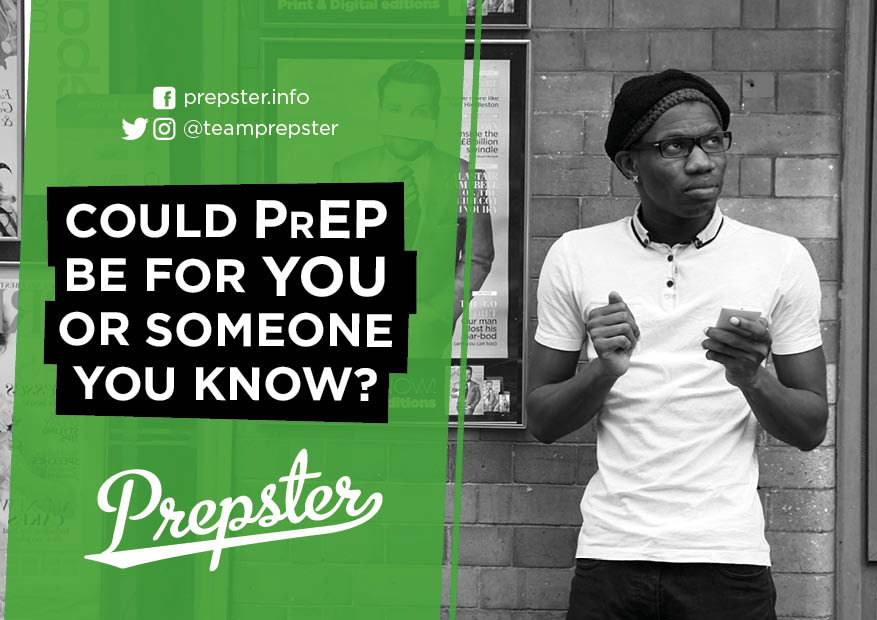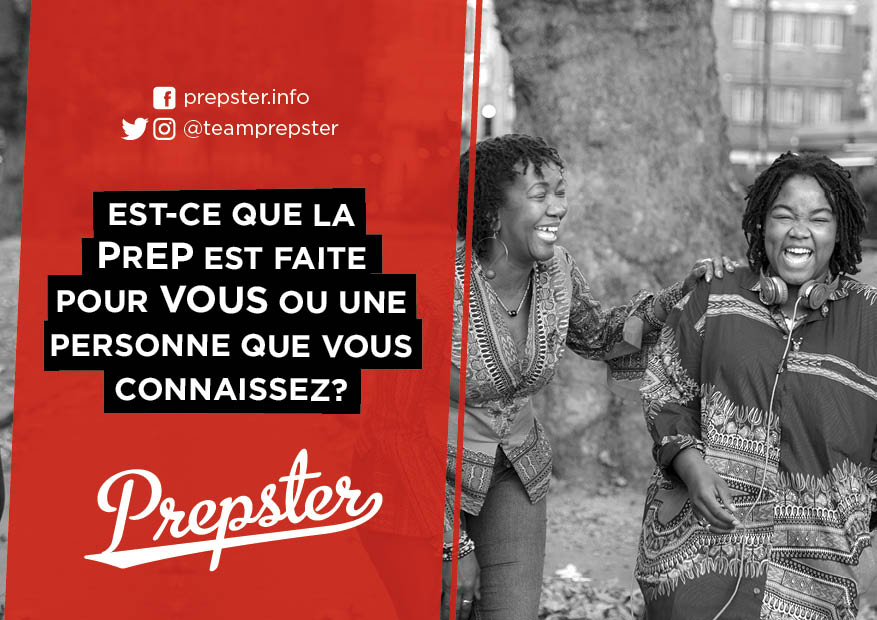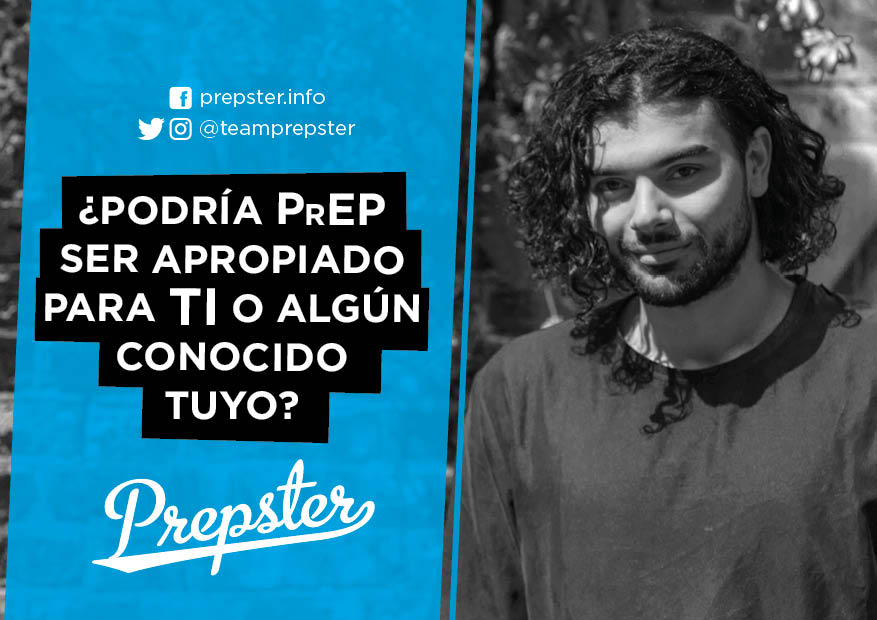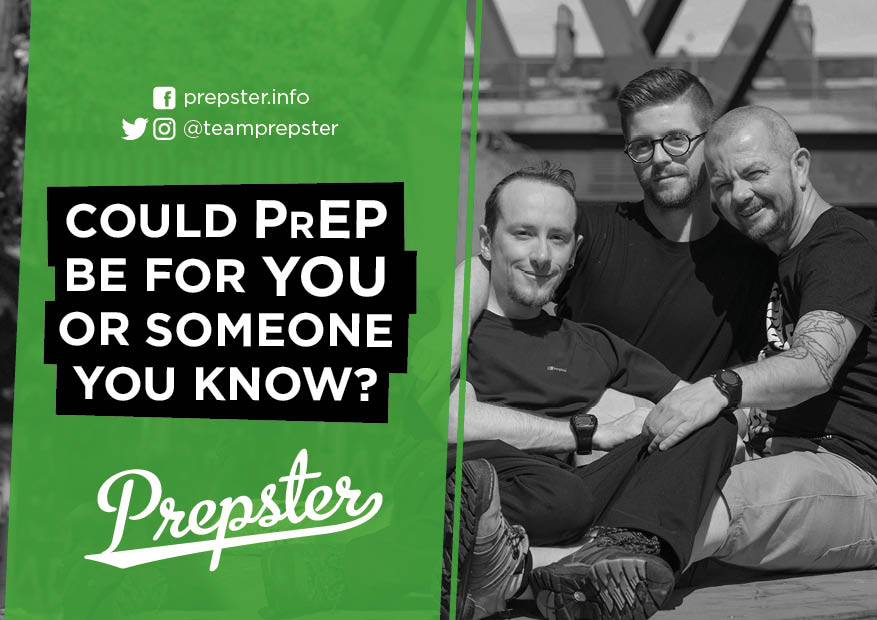IMPACT trial
The IMPACT Trial closed recruitment on 12 July 2020.
To find out how to get PrEP in England visit this page.
At the start of December 2016, NHS England (NHSE) announced funding for a large scale PrEP trial in England. This is now called the IMPACT Trial and is being co-ordinated by Public Health England (PHE) and Chelsea and Westminster NHS Foundation Trust. On 3 August 2017, NHS England announced that procedures were in place for the Trial to start recruitment in September 2017. The Trial started recruitment in October 2017.
You can find our joint statement welcoming the trial HERE and the update we made in February 2017 HERE, along with PHE’s update HERE. Our statement from 3 August 2017 is HERE. PrEPster will continue to engage as members of the Trial’s Community Advisory Board.
The trial has released the following FAQs about the trial and at the Trial’s launch in October 2017, this website. As of August 2019, this is the most recent and up-to-date information available about the Trial.
During 2019, additional places were added to the Trial, bringing the total number of available places to 26,000.
There will be no placebo arm of the trial. That is: everyone who is provided with drug will be given real PrEP.
Many clinics filled their Trial places during 2018, meaning large numbers of sites were closed to new participants. When new places were released in 2019, most clinics re-opened to new participants, although some have waiting lists.
Trial sites are sexual health clinics across England and more than 150 clinics across England are taking part. Details of participating clinics are on the IMPACT Trial website with status updates – including details of clinics that are closed to enrolment. PrEPster posts regular updates on our Facebook page about enrolling clinics.
Only sexual health clinics are serving as trial sites. GPs (family doctors), community centres and voluntary organisations will NOT be trial sites (unless they offer a full sexual health service as part of their service centre).
There are eligibility criteria to be able to enrol on the trial (see below). That means that some current PrEP users and some people who want to use PrEP may not be allocated to the trial if they do not meet these criteria. PrEPster will continue to push for clinics to provide PrEP support services for people who are using PrEP but who do not get a trial place.
Each participating clinic will be allocated a set number of places for the trial. They will NOT be able to provide free PrEP once their allocated places are full. PrEPster, IWPN and other organisations are continuing to lobby NHS England for PrEP to be made available to everyone who is eligible and wants it. Check in with our TAKE ACTION page for ways to help make PrEP more widely available.
If the trial fills up – or someone wants PrEP but doesn’t meet the eligibility criteria – then buying online will remain one option of obtaining it. Find out how to buy PrEP online legally and safely HERE.
- cis-and transgender men who have sex with men, and transgender women, who are HIV negative, report sex without condoms in the past 3 months, and consider that they will do so again in the next 3 months;
- the HIV negative partner of an HIV positive person when the positive partner is not known to be virally suppressed (i.e. has a detectable viral load), and sex without condoms is anticipated;
- other populations, not in the groups above, including those having heterosexual sex, who are clinically assessed and considered to be at similar high risk of HIV acquisition.




